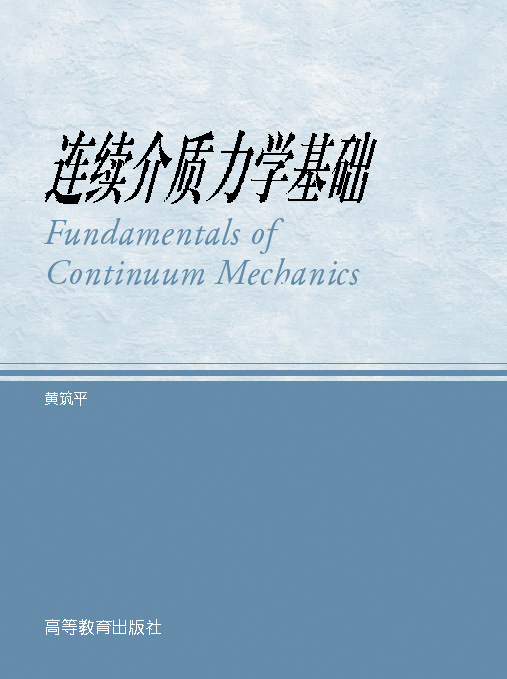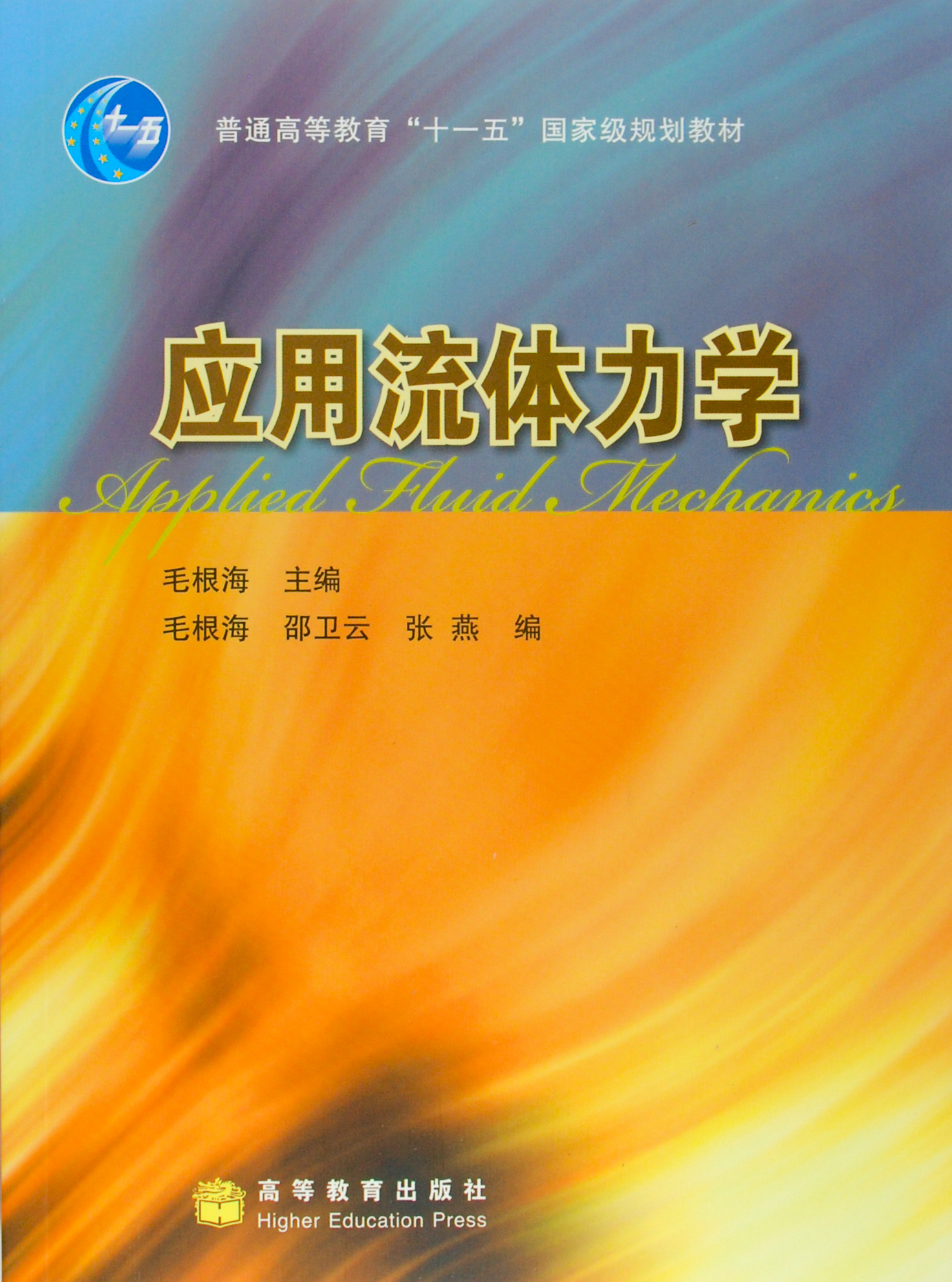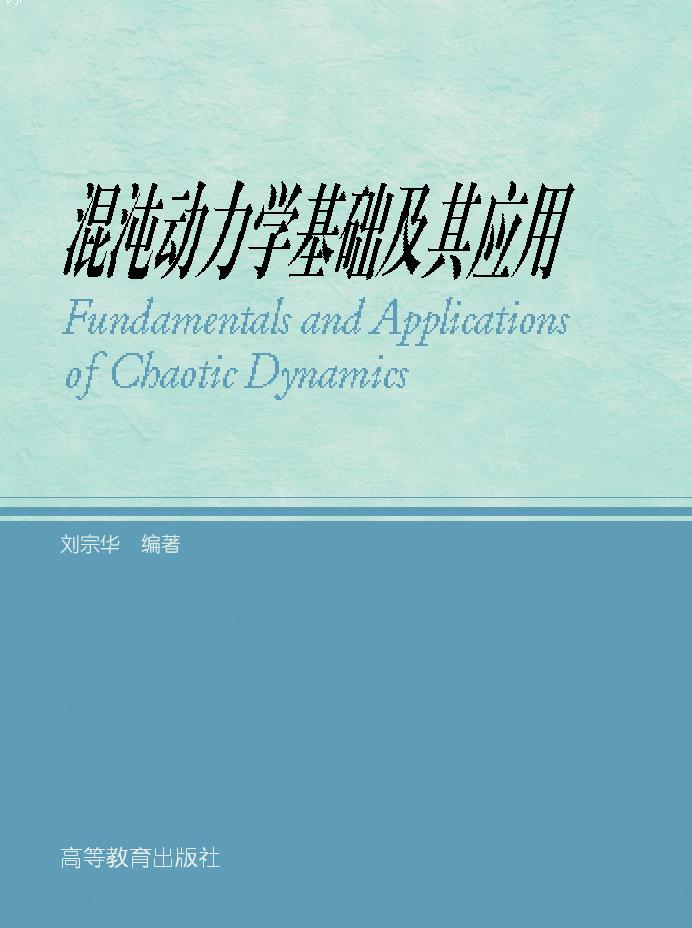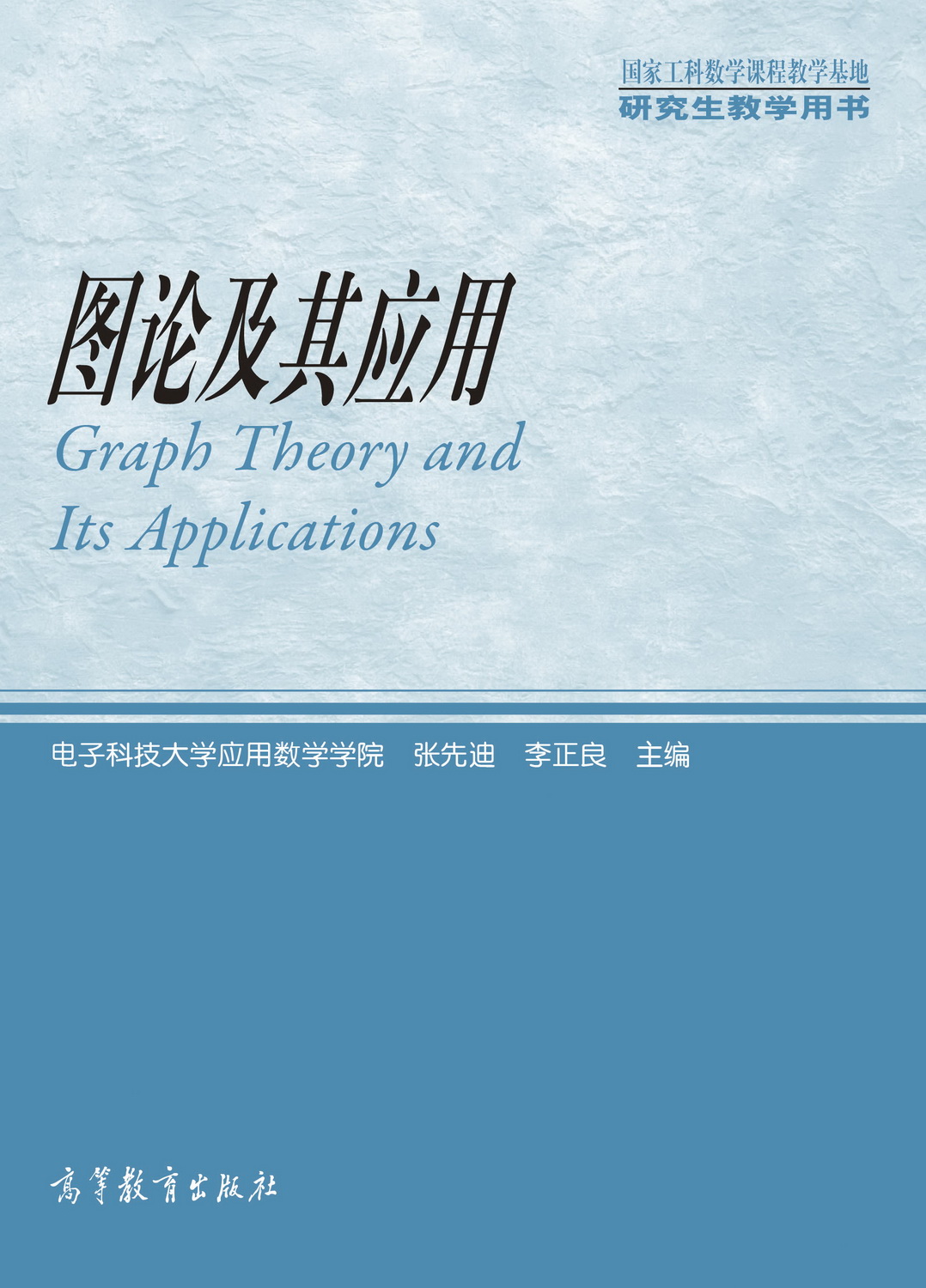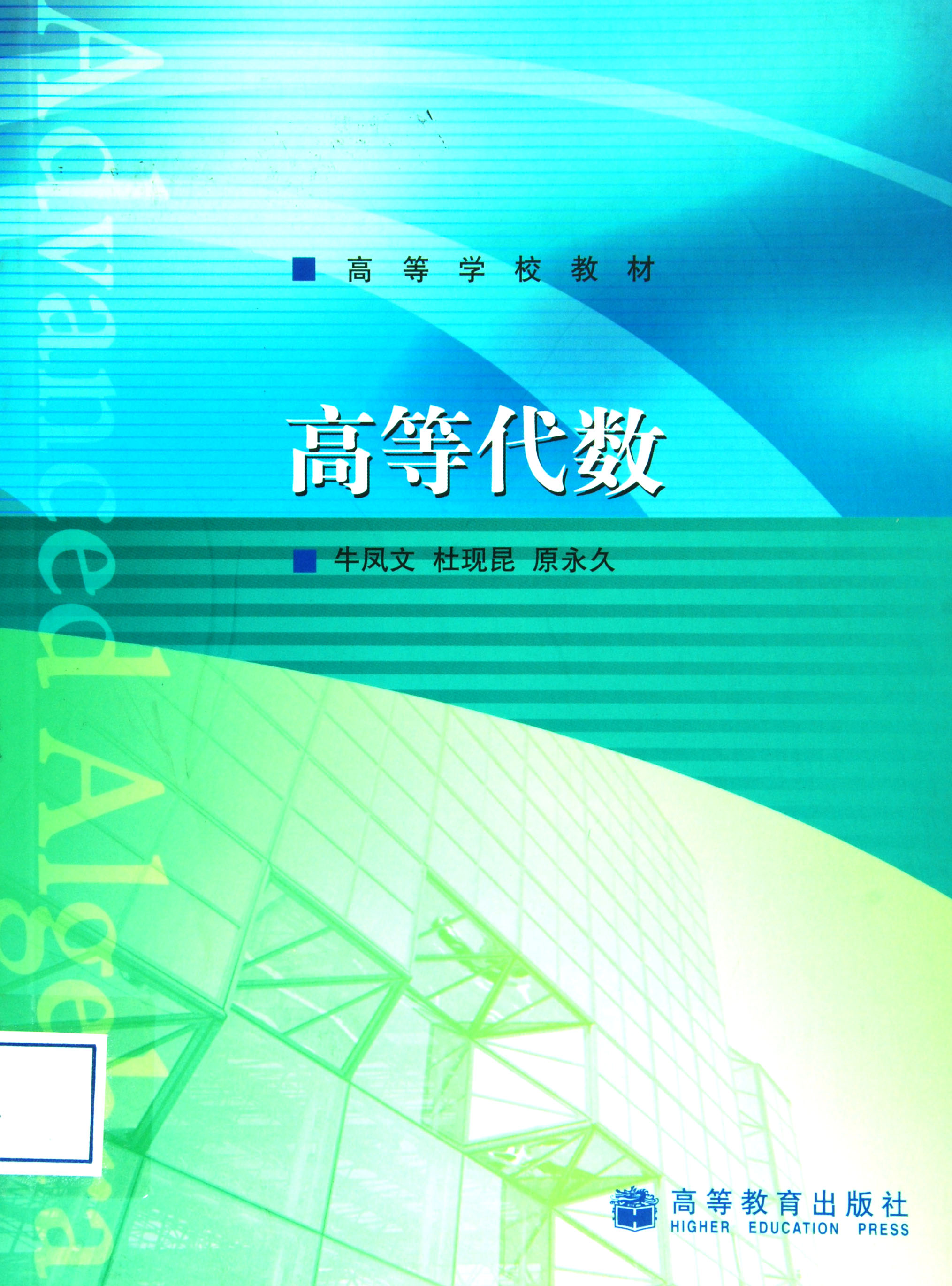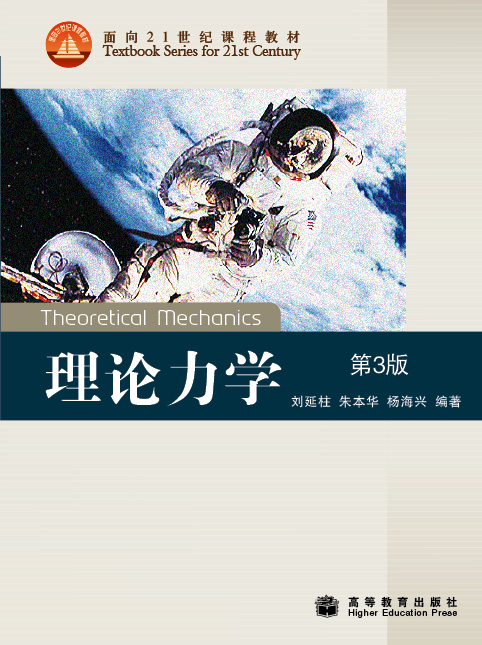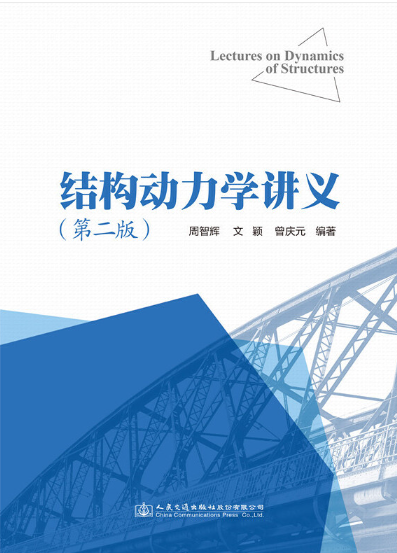连续介质力学基础 / 九五国家教委重点教材
作者: 黄筑平
出版时间:2003-02-15
出版社:高等教育出版社
- 高等教育出版社
- 9787040115444
- 1
- 112812
- 47221048-3
- 平装
- 异16开
- 2003-02-15
- 480
- 441
- 理学、工学
- 本科 研究生及以上
连续介质力学是近代物理学中的一个重要分支,它是以统一的观点来研究连续介质在外部作用下变形和运动规律的一门学科,是流体力学、弹性力学、粘弹性力学、塑性力学等众多力学课程的重要理论基础,已成为力学专业学生的必修课。
作者自1986年以来为北京大学力学系研究生开设了“连续介质力学”课程,本书是在该课程讲稿的基础上经过进一步充实和完善写成的,已被列为“高等学校理科‘九五’教材建设规划”第一批立项编写的教材。全书共分九章,内容包括张量基础、变形几何学和运动学、守恒定律和非平衡态热力学、本构理论、流体、有限变形下的弹性体、粘弹性体和弹塑性体,以及间断条件等。书中强调了基本概念提法的准确性和理论体系的严密性,在给出精确的数学推导的详细过程的同时,还尽可能地阐明数学方程所具有的物理内涵。在介绍连续介质力学的最新研究进展的同时,还尽可能地澄清目前存在的尚有争议的基本而又重大的理论问题。为了加深对书中内容的理解,各章还给出了适量的例题和习题,并在书后附有部分习题的解答或提示。本书可作为力学、应用数学、应用物理、工程科学等专业的研究生教材,也可作为力学和相关专业师生及科技工作者的参考书。
常用符号表
第一章 张量初步
§1.1 有限维欧氏向量空间
§1.2 曲线坐标系中的基向量
§1.3 张量的定义
§1.4 张量代数
§1.5 仿射量
§1.6 张量分析
§1.7 正交曲线坐标系中的物理分量
§1.8 曲面几何
§1.9 张量表示定理
习题
参考文献
第二章 变形和运动
§2.1 参考构形和当前构形
§2.2 变形梯度和相对变形梯度
§2.3 代表性物质点邻域的变形描述
§2.4 应变度量
§2.5 物质导数
§2.6 速度梯度和加速度梯度
§2.7 输运定理
§2.8 变形率和物质旋率的几何意义
§2.9 Rivlin-Ericksen张量
§2.10 应变张量的物质导数
习题
参考文献
第三章 守恒定律和连续介质热力学
§3.1 引言
§3.2 质量守恒
§3.3 动量守恒
§3.4 动量矩守恒
§3.5 功共轭意义下的应力张量
§3.6 能量守恒
§3.7 熵
§3.8 Clausius-Duhem不等式
§3.9 非平衡态热力学
习题
参考文献
第四章 本构理论
§4.1 本构原理
§4.2 简单物质
§4.3 本构关系的具体形式
习题
参考文献
第五章 简单流体
§5.1 引言
§5.2 无粘性流体
§5.3 牛顿流体
§5.4 量纲分析在粘性流体中的应用实例
§5.5 恒定伸长历史运动
§5.6 测粘流动中的不可压粘性流体
习题
参考文献
第六章 弹性体和热弹性体
§6.1 引言
§6.2 各向同性超弹性体的应力表达式
§6.3 超弹性体的势函数
§6.4 简单问题的求解实例
§6.5 橡胶弹性变形的实验研究
§6.6 热弹性体的本构关系
习题
参考文献
第七章 粘弹性体
§7.1 引言
§7.2 Green-Rivlin多重积分型本构理论
§7.3 单积分型的本构关系
§7.4 高聚物本构关系的瞬态网络模型
§7.5 粘弹性本构关系的内变量理论
习题
参考文献
第八章 弹塑性体
§8.1 单晶的弹塑性变形
§8.2 率无关材料的弹塑性本构关系
§8.3 边值问题中解的惟一性和稳定性
习题
参考文献
第九章 间断条件
§9.1 相容性条件
§9.2 动力学间断条件
§9.3 理想刚-塑性体动力学中的两个间断定理
习题
参考文献
部分习题答案或提示
全书参考文献
主题索引
外国人名译名对照表
Synopsis
Contents
作者简介
Contents
List of frequently used symbols
Chapter 1 Preliminaries of tensor theory
§1.1 Finite-dimensional Euclidean vector spaces
§1.2 Base vectors in curvilinear coordinates
§1.3 Definition of tensors
§1.4 Tensor algebra
§1.5 Second-order tensors
§1.6 Tensor analysis
§1.7 Physical components of tensors in orthogonal curvilinear coordinates
§1.8 Geometry of a surface
§1.9 Representation theorems for tensor functions
Exercises
Selected references
Chapter 2 Deformation and motion
§2.1 Reference configuration and current configuration
§2.2 Deformation gradient and relative deformation gradient
§2.3 Description of deformation in a small neighborhood of a typ ical particle
§2.4 Strain measures
§2.5 Material time derivative
§2.6 Velocity gradient and acceleration gradient
§2.7 Transport theorem
§2.8 Geometrical interpretations of rate-of-deformation and material spin
§2.9 Rivlin-Ericksen tensors
§2.10 Material time derivative of strain tensor
Exercises
Selected references
Chapter 3 Balance principles and continuum thermodynamics
§3.1 Introduction
§3.2 Conservation of mass
§3.3 Balance of linear momentum
§3.4 Balance of angular momentum
§3.5 Conjugate stress tensors based on work invariants
§3.6 Balance of energy
§3.7 Entropy
§3.8 The Clausius-Duhem inequality
§3.9 Non-equilibrium thermodynamics
Exercises
Selected references
Chapter 4 Constitutive theory
§4.1 Principles for constitutive equations
§4.2 Simple materials
§4.3 Specific forms of constitutive relations
Exercises
Selected references
Chapter 5 Simple fluids
§5.1 Introduction
§5.2 Inviscid fluids
§5.3 Newtonian fluids
§5.4 Applications of dimensional analysis to viscous fluids
§5.5 Motions with constant stretch history
§5.6 Incompressible viscous fluids in viscometric flows
Exercises
Selected references
Chapter 6 Elasticity and thermo-elasticity
§6.1 Introduction
§6.2 Expressions of stress in an isotropic hyper-elastic material
§6.3 Strain energy function of a hyper-elastic material
§6.4 Solutions in some simple problems
§6.5 Experiments on rubber
§6.6 Constitutive relations of thermo-elastic materials
Exercises
Selected references
Chapter 7 Viscoelasticity
§7.1 Introduction
§7.2 Constitutive theory of multiple integrals for the Green-Rivlin media
§7.3 Single-integral constitutive relations
§7.4 A transient network model of constitutive relations for po lymers
§7.5 An internal-variable theory of viscoelastic constitutive relations
Exercises
Selected references
Chapter 8 Elasto-plasticity
§8.1 Elastic-plastic deformations in single crystals
§8.2 Rate-independent elastic-plastic constitutive relations
§8.3 Uniqueness and stability of solutions in boundary-value problems
Exercises
Selected references
Chapter 9 Discontinuity conditions
§9.1 Conditions of compatibility
§9.2 Dynamical conditions for discontinuities
§9.3 Two theorems on discontinuities in dynamics of rigid-perfectly plastic continua
Exercises
Selected references
Hints for selected Exercises
References
Subject index
English-Chinese bilingual name-list
Synopsis
Contents
A brief introduction to the author

